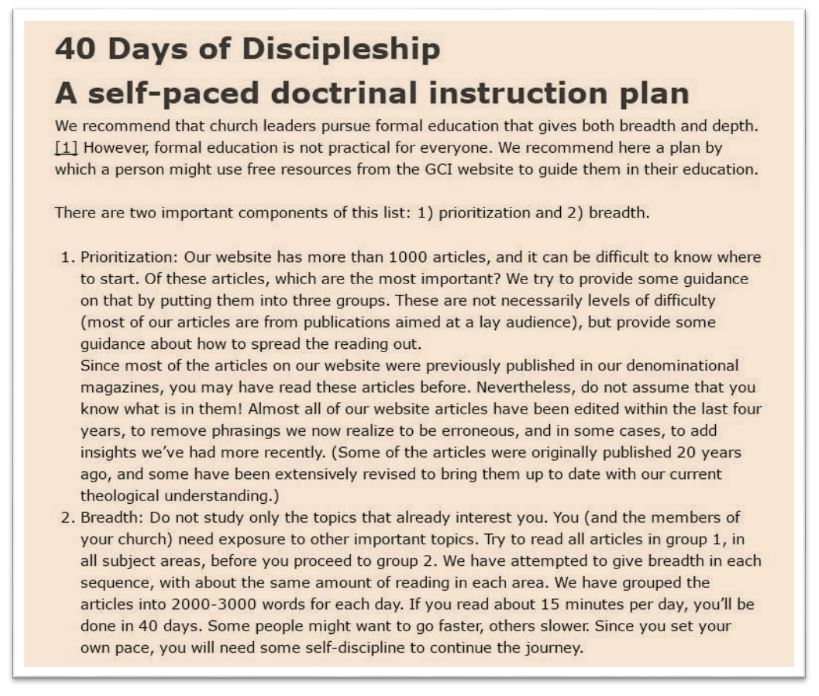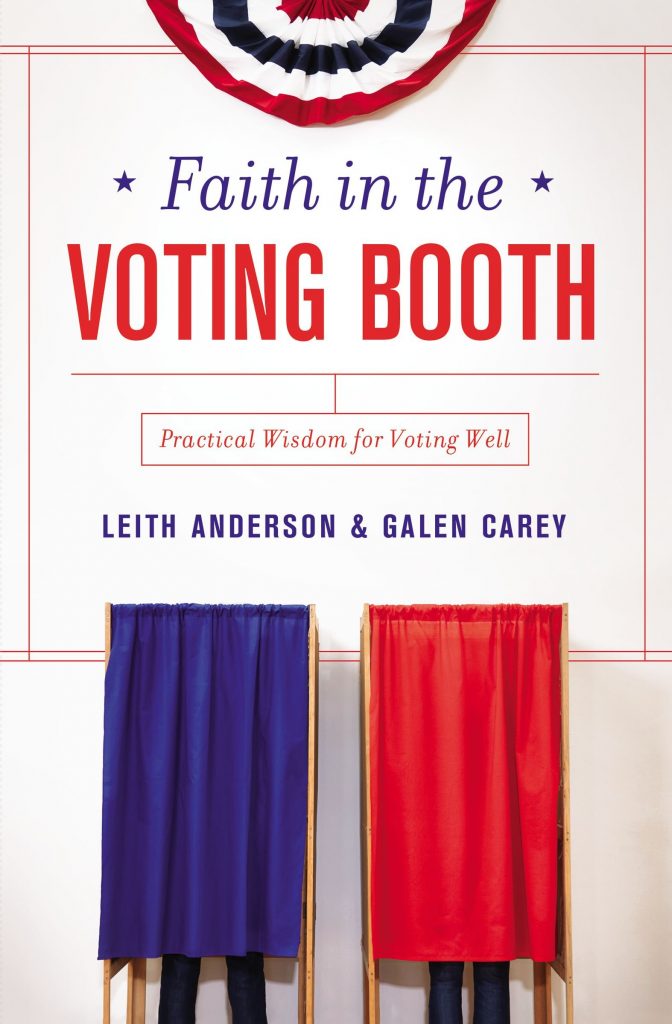The October issue of Equipper is now online. It has seven articles (linked below), with most addressing the theme of developing the leaders in our congregations. Current and past issues of Equipper are always available at http://equipper.gci.org.
From Greg: Invest in the development of your leaders
Greg Williams urges pastors and ministry leaders to plan now to invest in the development of established and new congregational leaders in 2017.

Mentoring young leaders
Michael Rasmussen draws from his experience in discussing ways to mentor young (emerging) leaders.
Developing a new pastor: It began with a question
PD Kurts tells the story of how he helped a young leader hear God’s call to pastoral ministry.
Using ministry descriptions in developing your ministry leaders
Heber Ticas tells about how ministry descriptions have been helpful in developing the ministry leaders in his congregation.
Building the leaders around you
We summarize an article and offer a video that show how you can utilize Jesus’ methods in building the leaders in your church.
Sermon video: Safe and Sound
This month we share a video about the Parable of the Prodigal Son. It provides a good basis for a sermon.
Kids Korner: What about Halloween?
This month we address the topic of Halloween. What’s the best way to approach this holiday in Children’s Church?











